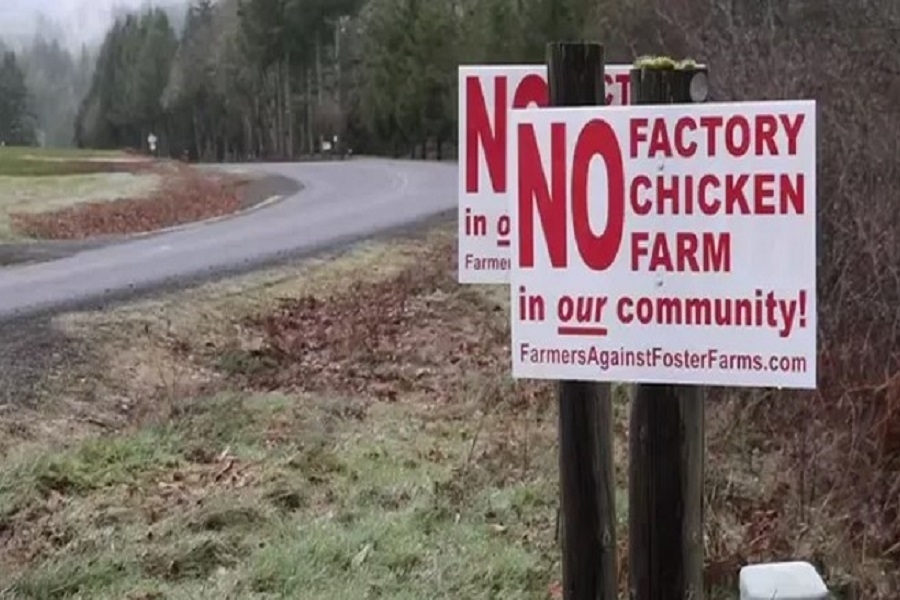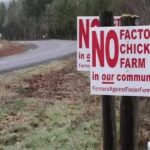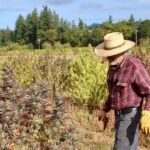Some activists call the bill “watered down” after the Legislature struck down a provision calling for a moratorium.
Gov. Tina Kotek has signed SB 85, which regulates industrial agriculture in Oregon. SB 85 requires a multistep process for water-quality permitting, including a water-supply plan for any new large-scale feeding operations, and temporarily closes an exemption allowing use of drinking water for livestock without a permit or water right. The bill also increases agency oversight of spreading factory-farm waste on land where the groundwater is already contaminated with nitrates, and gives authority to — while not requiring — local governments to require setbacks when siting factory farms.
A previous version of the bill would have instituted a moratorium on all state permitting of new and expanding factory farms, and it drew broad support from farmers, activists, rural residents and more than 50 organizations. The moratorium language was removed from the bill in May. The bill passed the Oregon Senate in June with a 17-8 majority and passed the House narrowly the next day.
Christina Eastman, a fifth-generation farmer from Scio and president of Farmers Against Foster Farms, said in a press release that the bill still accomplishes its task of sufficiently regulating factory farms in the state.
“Today is a good day for rural Oregon,” Eastman said in a press release celebrating the bill’s passage. “The Oregon Legislature stood by our rural communities in our fight to protect our water and farms from predatory multinational corporations attempting to take our natural resources, pollute our water and air, and ruin our quality of life.”
Her organization, a grassroots organization of farmers in and around Scio, championed the bill as a way to limit Foster Farms’ ability to build a large-scale chicken operation in Scio in early 2021. The organization praised SB 85’s pause of the controversial livestock water exemption, which allows industrial farms to withdraw unlimited groundwater for livestock.
Other activist groups were more muted about the bill. Lilli DiPaola, an organizer for Stand Up to Factory Farms (SUFF) — a broad coalition that includes Columbia Riverkeeper, Friends of the Columbia Gorge, Mercy for Animals and the Humane Society — called the bill a small step forward in a statement after the governor’s signing. DiPaola writes that without a moratorium, ecologically harmful feed operations can still be approved by the Department of Agriculture.
“Stand Up to Factory Farms is grateful to the legislators who understand the factory-farm influx facing Oregon and its contribution to the climate crisis, freshwater shortages and public health crisis in the Lower Umatilla Basin,” the coalition wrote. “Oregon’s latest factory-farm law is a small step forward in addressing these issues — it must be the first of many.”
Bill Mattos, president of poultry industry advocacy group Northwest Chicken Council, told Oregon Business over email that the Legislature eliminating the moratorium from the bill kept current family chicken-farm projects in place. “The final legislation was good for the chicken industry, something we can grow with and still maintain the production consumers want and need,” he wrote.
To subscribe to Oregon Business, click here.







